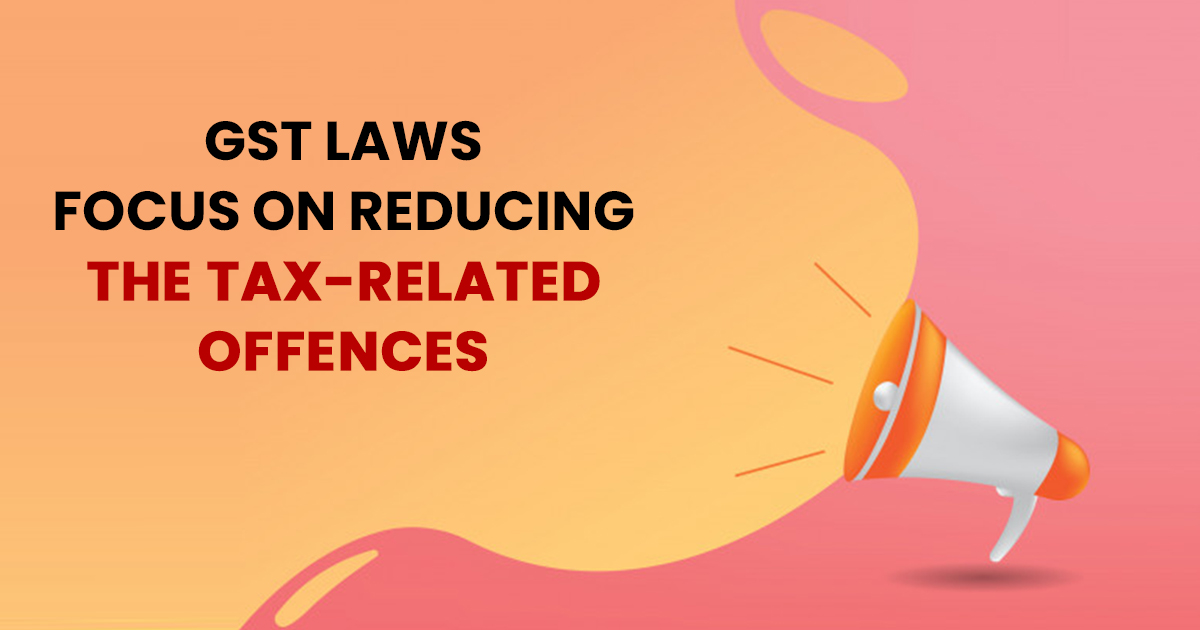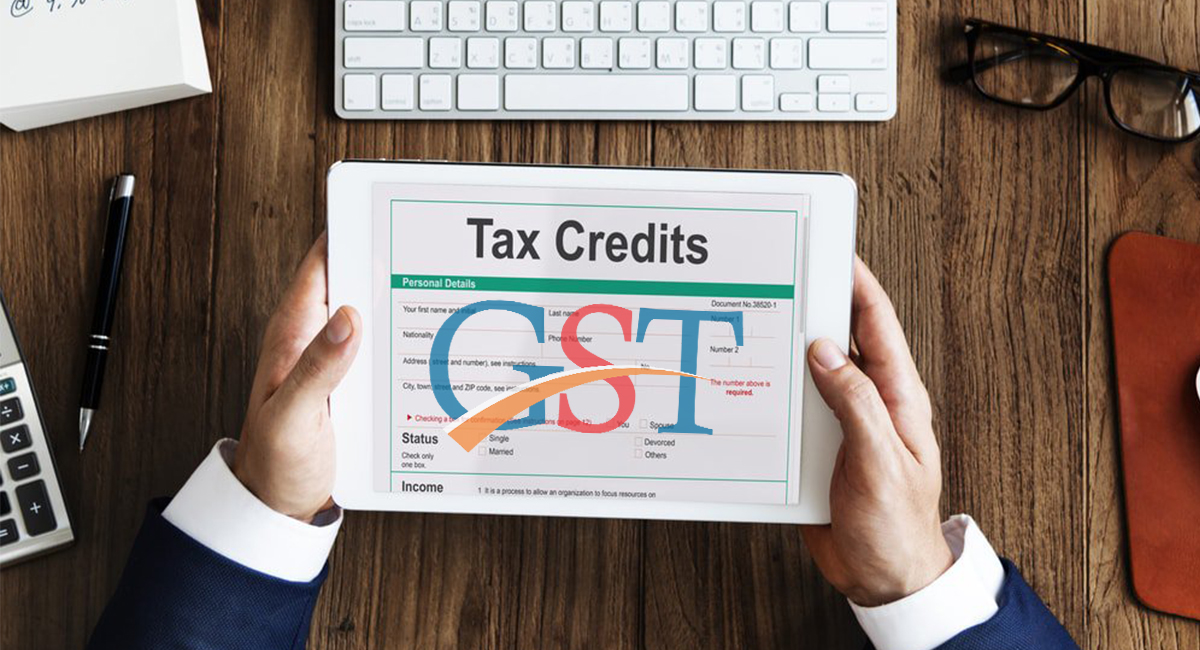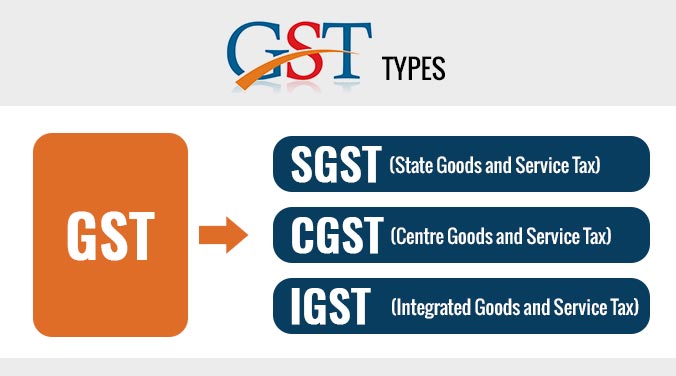
The comprehensive review process of GST laws has been accelerated and now it is particularly focused on rapidly reducing the tax-related offenses and it is aimed at improving business sense and reduce law reports.
The Central Government is evaluating the chances and outcome of scrapping Claus into law that empowers Officers to arrest taxpayers on suspicion of tax evasion. Along with it, They are also thinking to revoke powers for arrest in case of claiming improper input tax credits (ITC) 
Industry bodies made some key suggestions in a series of meetings held last week with the Central Board of indirect taxes 
In the Budget speech in February, the Finance Minister stated that “There has been a debate about building into statutes, criminal liability for acts that are civil in nature. Hence, for Companies Act, certain amendments are proposed to be made that will correct this. Similarly, other laws would also be examined, where such provisions exist and attempts would be made to correct them,”
Most government departments are looking to decriminalize the laws governed by them. In the same process, the department of financial services proposed the decriminalization of around 19 laws which also includes the “Negotiable Instruments Act, LIC Act, SARFAESI Act, NHB Act, PFRDA Act, RBI Act, Banking Regulation Act, Insurance Act, Chit Funds Act, Payment and Settlements Systems Act and NABARD Act”. A Senior officer stated that “We’re reviewing industry suggestions… things will move fast,”
In a similar process, Section 132 (1) of the Central GST Act 









